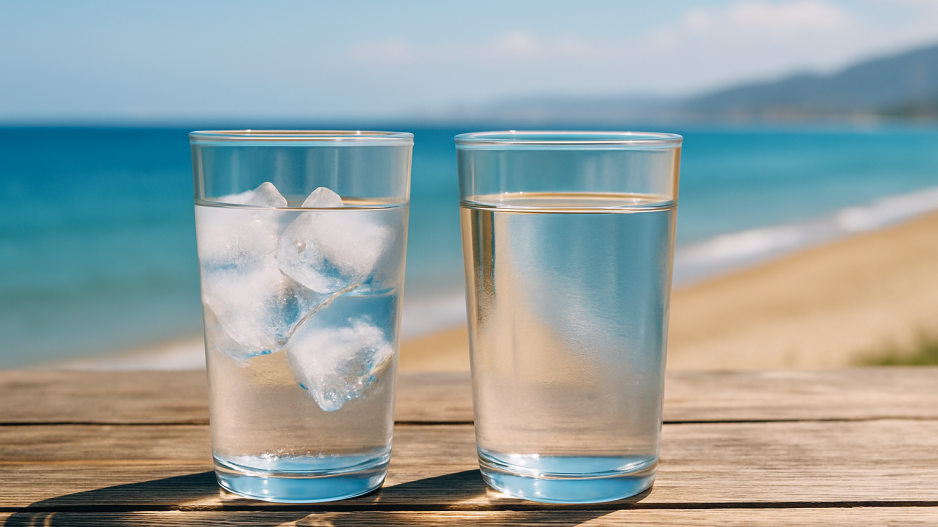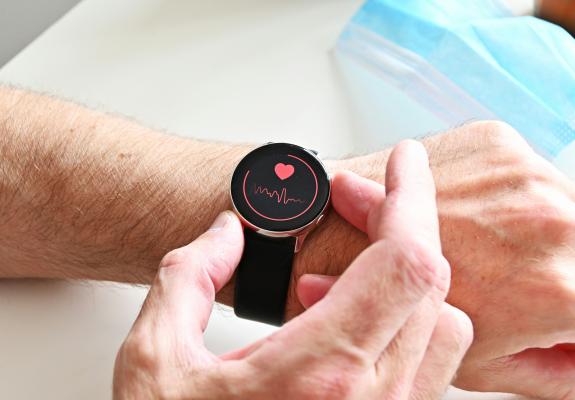Cold or Room Temperature Water?
With Cyprus' summer upon us, here’s what to know about the best way to hydrate
In Cyprus, where summer temperatures soar, it’s no surprise that many reach for an ice-cold glass of water to cool down. But beyond preference or habit, is there a real difference between drinking cold water and room temperature water? And does it matter for hydration, digestion, or energy levels? We break it down for you with a few key points to consider.
1. Hydration Efficiency: Room Temperature for the Win?
While both cold and room temperature water hydrate the body equally well, room temperature water is absorbed slightly faster. That’s because the body doesn’t have to expend energy warming it up. In hot Cypriot afternoons, cold water may feel more refreshing, but if you’re trying to rehydrate quickly after the beach, lukewarm water might be more efficient.
2. Digestion and Cold Water: A Slower Process
Traditional wellness practices, including some Mediterranean and Asian health philosophies, suggest avoiding cold water during meals. Cold water can cause blood vessels in the stomach to constrict, potentially slowing digestion. Sipping room temperature water with your meal might support better digestion and help your stomach process halloumi cheese more smoothly.
3. Performance and Recovery: Athletes Often Go Cold
For athletes training during warm weather, cold water may have a performance edge. Studies show that cold water can help lower core body temperature and reduce heat stress. This is especially useful during intense outdoor training sessions or football matches, making it a preferred choice for many local sports teams and gym-goers. When water is warm or at room temperature, it can be less satisfying, making you feel less compelled to drink. Cold water, on the other hand, tends to be more refreshing, which may lead you to drink more and better replenish fluids lost through sweating.
4. Comfort and Sensitivity: Listen to Your Body
Some people—especially those with sensitive teeth or conditions like migraines—may find cold water uncomfortable. On the other hand, others find it invigorating. The choice often comes down to what feels right for you and your body’s needs at any given time.
Whether you're refilling your reusable bottle at a beach kiosk or pouring a glass from the filter at home, the water’s temperature isn’t just about taste. From hydration and digestion to comfort and recovery, your choice between cold and room temperature water can make a subtle but meaningful difference—especially under the Mediterranean sun.






